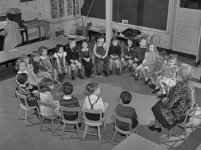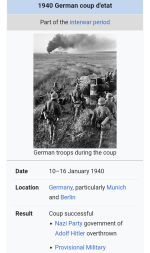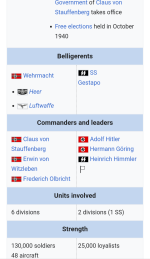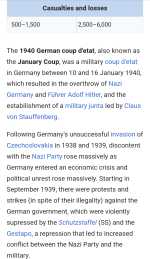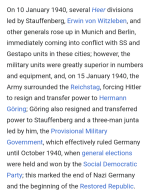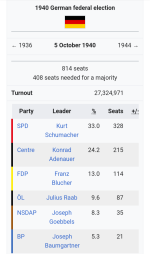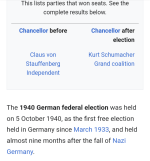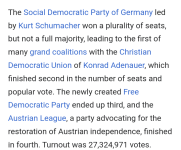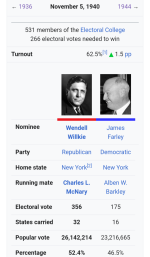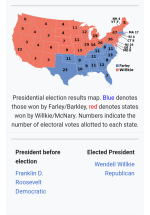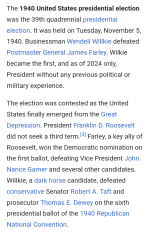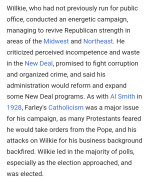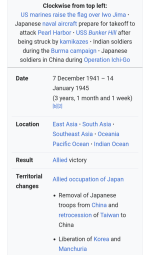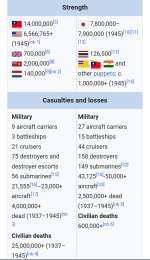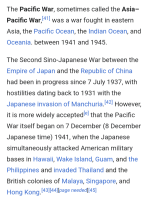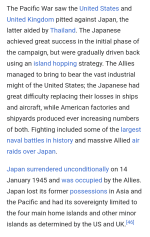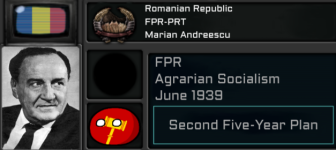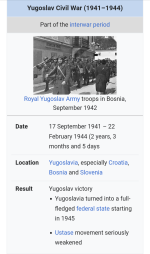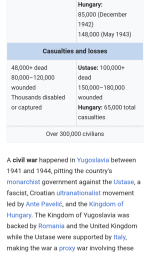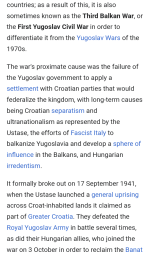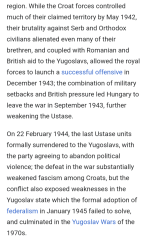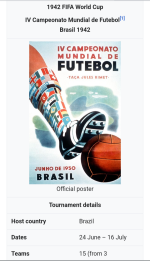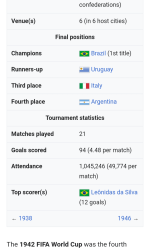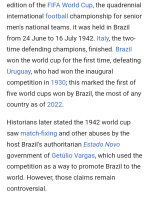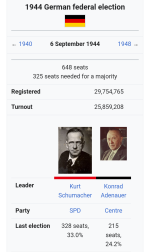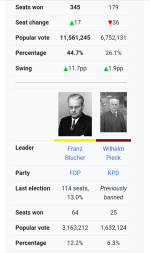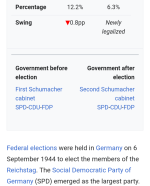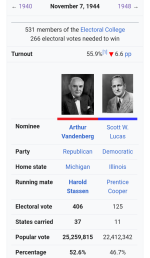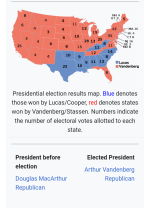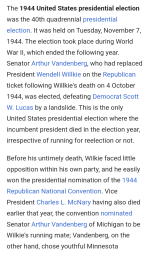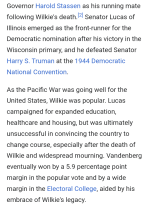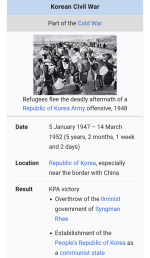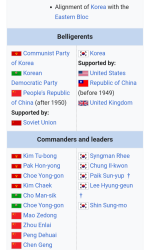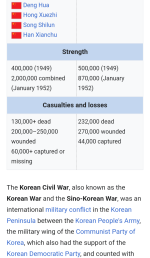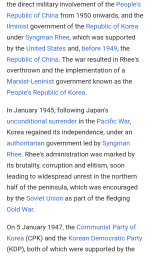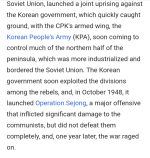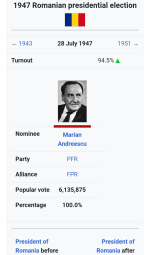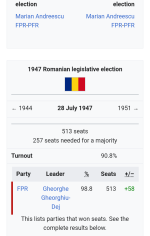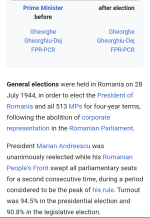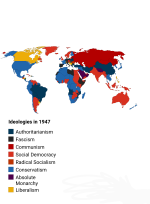Romanian economy and society between 1943 and 1947.
In 1945, Marian Andreescu nationalised childcare and made it available to all families.
The mid-1940s marked the peak of the FPR regime's legitimacy and power, due to its oil-funded economic growth, industrialisation and development, as well as President Andreescu's charisma and oratory skills, which made him one of the most popular leaders in Romanian history.
In 1945, Andreescu's rubber-stamp parliament passed legislation to:
- Make it easier for farmers to recieve credit;
- Implement free and universal childcare for all Romanian families;
- Repeal the antisemitic and anti-Romani laws passed the previous decade;
- Legalize divorce;
- Replace the Siguranta Statul secret police with the Securitate, and estabilish a foreign intelligence service.
However, discrimination against the Romani continued in practice, with them facing neglect and often abuse from Romanian authorities, and Jews remained marginalized and mostly excluded from prosperity. The former royal family was still exiled in France, Carol having married Elena Lupescu and thus renounced his claim to the throne definitely.
Romanian society was becoming increasingly urban, affluent and secular, with censuses showing a decrease in religious faith among Romanians, and the rural and low-income populations decreasing as well. In 1945, the Cuza automobile company was founded in Brasov, starting mass production of Romania's first domestically designed car, the Burebista, the following year. By 1955, when Andreescu's health and regime were already declining, the automobile was fairly common in Romanian homes.
In 1947, following the death of Prime Minister Nicolae L. Lupu, Andreescu replaced him with Georghe Gheorghiu-Dej, a Marxist-Leninist and Romanian nationalist. That same year, Andreescu abolished the corporate representation in the Romanian parliament, and officially made Romania a secular state (he opposed state atheism, as seen in ML countries, and never implemented it). That same year, the PNT boycotted the elections as a protest against these measures, allowing the FPR to win 100% of the vote in the presidential election and all parliamentary seats a second consecutive time.
After 1950, the FPR regime became increasingly unpopular, as a new generation grew up who were unaware of the poverty and inequality that existed before Andreescu. All they had known was a prosperous economy with limited liberties. Furthermore, the rose of Middle Eastern oil exports compounded this issue further, leading to increased opposition from the PNT, the Orthodox Church and civil society.
